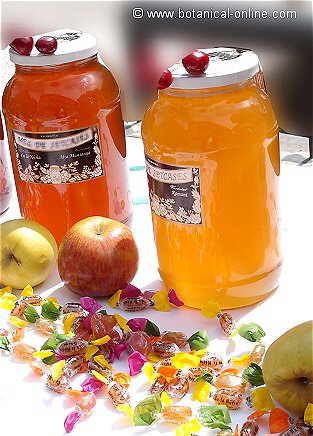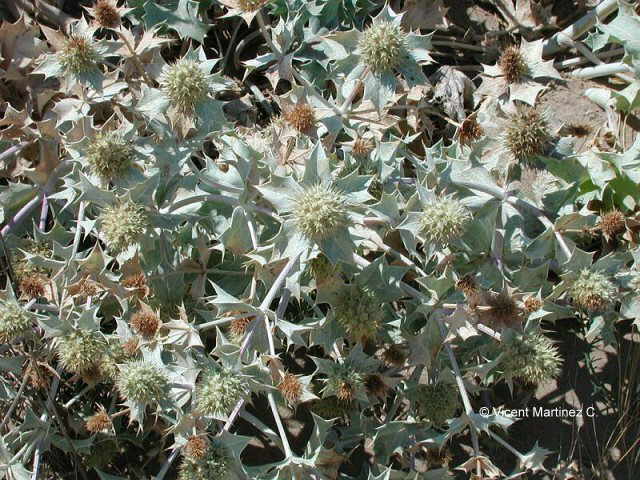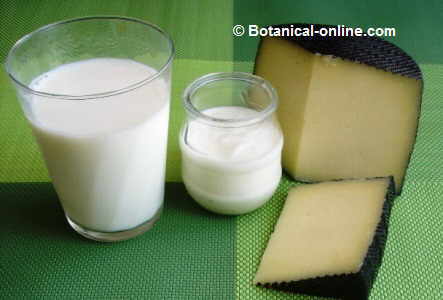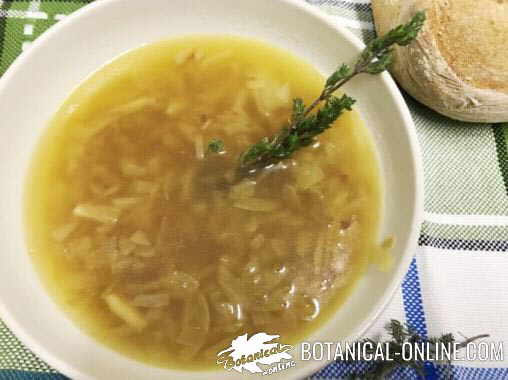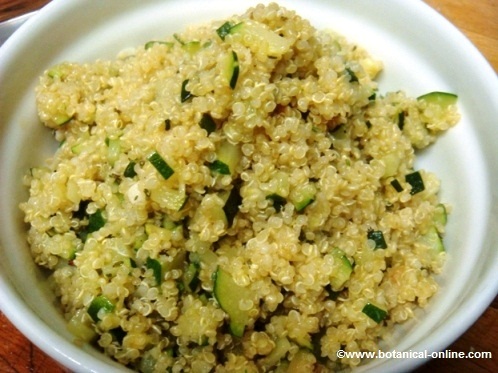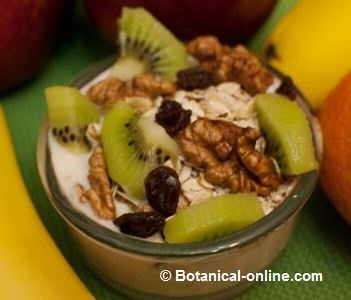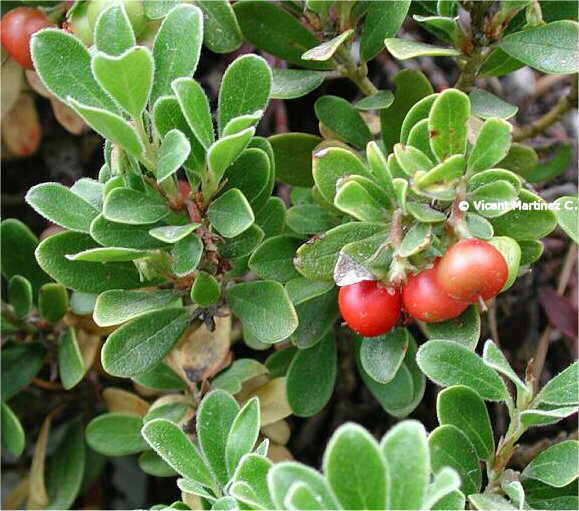Contents
Functions and benefits of cystine, a nonessential amino acid
What is cystine?
Cystine is a nonessential amino acid that the body can obtain from other amino acids. Cystine is a dimer of two cysteines, therefore there is a relationship.
Its abbreviated form is Cis.
It is a sulfur-containing amino acid.
Properties of cystine
Cystine is an amino acid with detoxifying effect because of its facilitating effect on the elimination of toxic substances.
It has a high sulfur content which is indicated for skin disorders because of its effect on the metabolism of the skin, that, as a result of a deficit of this mineral, may have disorders such as acne, dryness, eczema and even in cases of psoriasis,
It also has beneficial effects in nail problems and brings health to the hair in cases of excessive loss of it.
It also has functions in stimulating insulin production, which helps maintain balance with glucose, our main source of energy. Therefore it is useful in preventing diabetes.
Contraindications of cystine
No contraindications have been described in cystine, since it does not create problems of intolerance or overdosage.
However, cysteine is associated with some pathologies affecting the kidneys. The principal is a disease called cystinuria, which occurs due to an imbalance of genetic origin on both parents, without any preventive solution. Cystinuria produces kidney stones.
Also, because of an accumulation of cystine, we can suffer cystinosis, which produces crystals that can accumulate and affect various organs of our body, but mainly affects sight.
Therefore, it is not recommended a high intake of this amino acid in these diseases without medical supervision.
Foods containing cystine
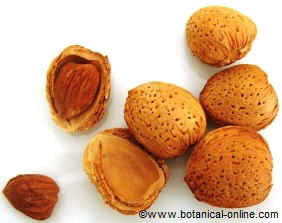 Almonds contain cystine.
Almonds contain cystine.
Animal foods are those that contain more cystine, for example, viscera
Within plant foods, we include, for example, almonds or mustard seeds
* More information: Foods rich in cystine
Cystine supplements
Although you can take supplements of cystine, it is recommended to meet the needs of this amino acid through a balanced diet. If supplementation is necessary, consult with the specialist before taking it.
* Related information:
– How to combine vegetable proteins
List of amino acids in food | |
Essential amino acids | Nonessential amino acids |
Phenylalanine, Isoleucine, Leucine, Lysine, Methionine, Threonine, Tryptophan, Valine | Aspartic acid, Glutaminic acid, Alanine, Arginine, Cysteine, Cystine, Glycine, Hydroxyproline, Proline, Serine, Tyrosine |
![]() More information on amino acids.
More information on amino acids.

